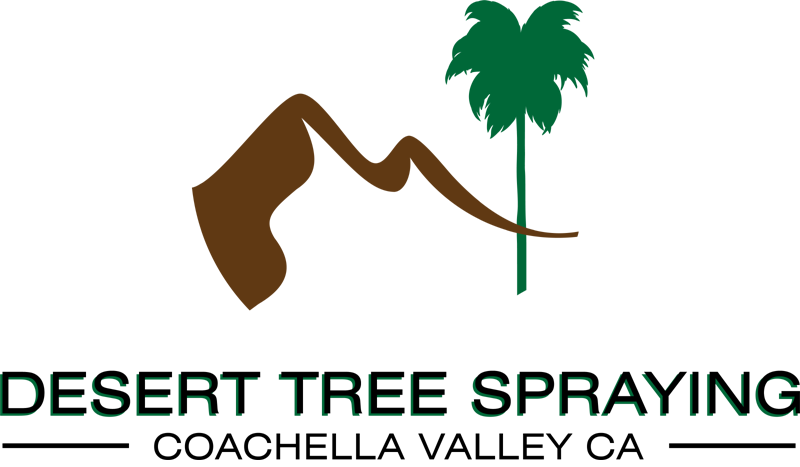Agricultural plants and trees are an integral part of our lives. They provide food, shelter, and beauty. However, they also require care and maintenance.
If you own a farm or garden, then you already know how important it is to keep your crops healthy and thriving. The same goes for your trees and shrubs. If you want to keep your plants looking beautiful and healthy, then you need to pay attention to their needs.
This article will give you some tips on how to properly care for your agricultural plants and trees.
1) Watering Your Crops
Watering your crops can be a tricky business. You don’t want to over-water them because that could lead to root rot. On the other hand, if you water too little, then your plants may not get enough nutrients. This leads to stunted growth and poor health.
You should aim to have at least one inch of rain per week during the growing season. It doesn’t matter whether this comes from heavy downpours or gentle showers. Just make sure that there is adequate moisture in the soil so that your plants can absorb all the necessary nutrients.
2) Fertilizing Your Crops
Fertilizers help with nutrient uptake by your plants. There are two types: organic fertilizers and synthetic ones. Organic fertilizers include composted manure, fish emulsion, blood meal, seaweed extract, bone meal, kelp meal, rock phosphate, and bonemeal. Synthetic fertilizers include ammonium nitrate, urea, potassium chloride, calcium sulfate, magnesium oxide, and sulfur.
Organic fertilizers tend to work better than synthetics when used correctly. But both kinds are good options. When using fertilizer, always follow label directions carefully. Don’t use more than what is recommended. Too much fertilizer can cause problems such as blossom end rot, which causes leaves to turn brown and shrivel up.
3) Pest Control
Pests eat away at your plants. Some pests like aphids feed off plant sap while others chew through stems and roots. Others suck out juices from fruits and vegetables. These insects leave behind sticky honeydew excrement, which attracts ants and roaches. Other common pest species include slugs, snails, caterpillars, beetles, mites, earwigs, spiders, wasps, flies, mosquitoes, and ticks.
Pesticides kill these unwanted creatures before they do any damage. Make sure that you apply pesticides only after consulting with experts who understand the risks involved. Also, never spray pesticide near where children play. Children often put things into their mouths without realizing what they are doing. And even though most pesticides are safe around pets, they still shouldn’t ingest anything sprayed outdoors.
4) Pruning Your Shrubs & Trees
Prune your bushes and trees regularly. Doing so helps prevent disease and encourages new shoots to grow. In addition, pruned branches look cleaner and healthier.
5) Mulching Around Your Plants
Mulch keeps weeds under control and protects against frost heaving. It also improves drainage and reduces evaporation rates. So mulch around your plants to protect them from harsh weather conditions.
6) Maintaining Healthy Roots
Roots are very sensitive to changes in temperature and humidity levels. That means that they must stay moist but dry at the same time. To ensure proper root development, you should maintain a consistent level of moisture throughout the year. For example, if you live in a humid climate, then you might need to add extra watering during the winter months. On the other hand, if you live in arid regions, then you may not need to water your plants until springtime arrives.
7) Watering Your Plants Properly
Watering is essential for keeping your plants alive. You don’t want to over-water your plants because excess water could lead to fungal diseases. Instead, try to get between 1/8th – 3/16ths of an inch of water each week. This amount varies depending on the type of soil you have.
You can tell whether your plants need additional water by checking their color. Green foliage indicates that there isn’t enough water available. Yellowish leaves mean that your plants aren’t getting enough sunlight. Brown leaves indicate drought stress.
8) Foliar Feedings
Your plants need nutrients just like people do. Nutrients come from foods we consume every day. Most foliar feeding products contain micronutrient blends designed specifically for plants. These nutrient mixes help boost growth and improve overall health.
Keeping your plants well fed and watered is one way to make sure that they remain strong and vibrant. But remember: too much fertilizer can be harmful as well. Too many fertilizers cause blooms to appear early and flowers to wilt quickly. Overfeeding also leads to weak stalks and poor fruit production.
We specialize in tree and plant care. Desert Tree Spraying provides the Coachella Valley and surrounding areas with horticultural tree & plant services for residential, commercial, and agricultural applications. We offer a wide range of services including diagnosis and treatment of tree and plant health issues, pruning, fertilization, irrigation, pest control, landscape maintenance, and more. We understand the importance of trees and plants in our daily lives and the impact they have on our environment. Our goal is to provide the best possible service to our customers. Contact us today for a free consultation!
